“Have you ever had a good birthday?” my wife asked, incredulous, after I had lovingly described one of my childhood’s better birthdays.
“Well, sure,” I countered, “I’ve had all great birthdays since I met you. Also when I turned 7 years old and got walkie talkies. My friends and I played flashlight tag outside, so it must have been a warm December. That was definitely a good birthday.”
My wife and I had this discussion on the way home after my most recent celebration of another spin around the sun, a quiet day spent bopping around Memphis and culminating in a leisurely stroll around a holiday art market at Minglewood Hall. We went to the market to see my sister-in-law, Kaylee Hammer (@k.hammer.art on Instagram), and critique her art display. Because we had already had a full day — and we’ve got quite a few Kaylee Hammer originals and prints on our walls — we almost decided to head home early. We caught a second wind, though, and it blew us back to Midtown and into the big building that used to house Strings and Things.
That was when my wife and I stumbled upon the Ho Show, a special holiday-themed “early Ho Ho Ho party” at B-Side inside the Minglewood Hall plaza, in the form of a writers-in-the-round-style performance from Memphis songwriting greats Susan Marshall, Reba Russell, and Bobbie Stacks. Russell’s voice, instantly recognizable to any amateur-level appreciator of Memphis music, called to me from around the corner. I wandered toward B-Side in a trance, like a sleepwalker summoned forth. Nothing sounds quite so sweet as unexpected and familiar music.
The concert was fully audible at the art market in Minglewood’s central gallery, so I perused the locally made art while grooving to a soulful cover of The Beatles’ “Don’t Let Me Down.”
Of course, most cities have some music on offer most nights, and in bigger or wealthier cities the variety on display can be a veritable cornucopia of concerts. There is something distinctly magical about the quality of art on display in the Bluff City, though. To stumble onto a packed concert featuring respected and veteran performers, all cracking jokes and getting loose in a decidedly unscripted performance, side-by-side with a local artists’ market on a doggone cold, drizzly Sunday night in a city as small as Memphis? That’s magical.
The level of Memphis-cana on display was notable as well. I chatted about Memphis-made beer (including Memphis Made beer) with a local candlemaker. I saw Tigers and Grizzlies aplenty, recreated in different artists’ individual styles. References to the pyramid’s crystal skull or Three 6 Mafia illustrated the fierce hometown pride that seems to permeate the air here.
Chatting with one of the artists, I learned about a Holiday Bazaar at the Lamplighter Lounge — yet another chance to supplement my traditional locally made and bought seasonal gifts with even quirkier options!
The long and the short of it is that, instead of calling it a night and retiring with Netflix and some leftovers, I spent a little time in our city, and it rewarded me with music and art and conversation. Those kinds of unplanned moments can offer a little soul sustenance when the grind toward year’s end gets going in overdrive, and I know I am looking for every opportunity to feed my soul these days.
As an adult, it’s easy to feel strapped to the wheel, careening from Thanksgiving to Christmas to New Year’s Day at a breakneck pace. If there are children in our lives, it can be tempting to focus on the added responsibilities of ensuring their happiness. Holiday and end-of-year parties offer a welcome chance to unwind, but so too do they clutter up the already overfilled calendar with more appointments. Year-end goals loom, and next year’s resolutions await.
In my limited experience, this season brings stress in exponential levels — and so much of that self-same stress is absolutely unnecessary and utterly unproductive. Kids seem to be as enchanted with the season itself as with the specific presents. It’s fun to have time off school, make a tremendous mess with wrapping paper, and have the go-ahead from parents and grandparents to watch cartoons and eat cookies all day. Parties and reunions should be a chance to catch up and reconnect, not a reason to worry about the menu or the wardrobe or an appropriate gift to bring. And anyone who always meets their annual goals and perfectly sticks to their resolutions is trying too hard; cut yourself some slack.
More often than not, magic falters when forced. It’s by keeping our eyes open to whatever magic comes our way that we create a memorable experience. True, that requires trust and letting go of control, but it’s worth it. The cultural undercurrents here are as wild and weird and strong as the Mississippi. Go with the flow, and Memphis will reward you.
Jesse Davis is a former Flyer staffer; he writes a monthly Books feature for Memphis Magazine. His opinions, such as they are, are setting up firm boundaries about talking politics with family.
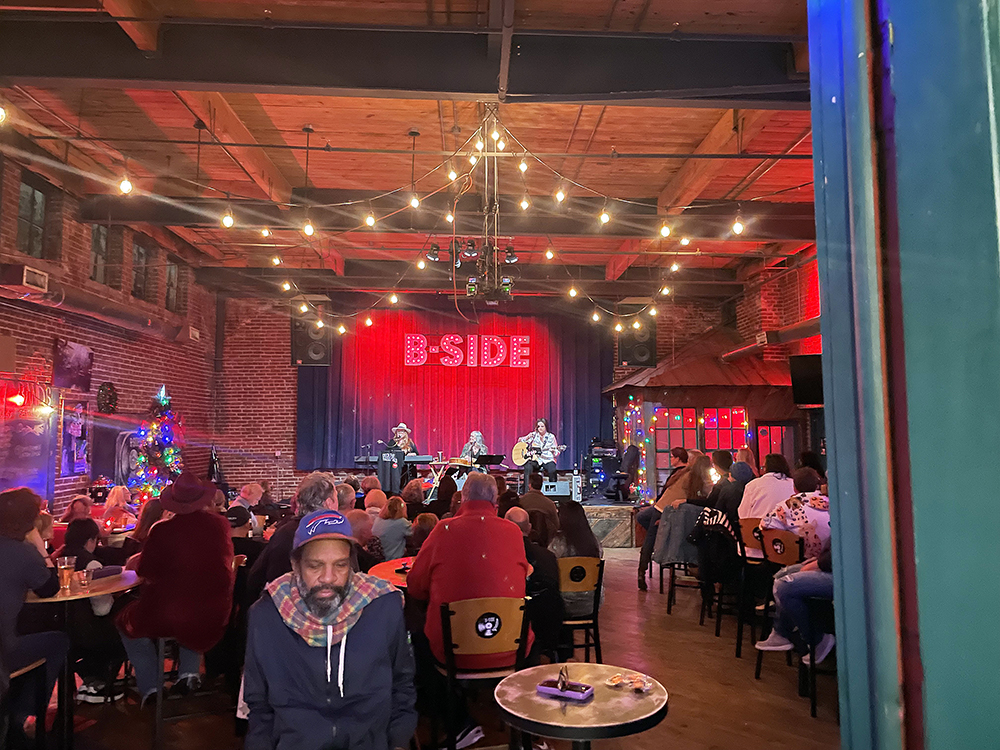

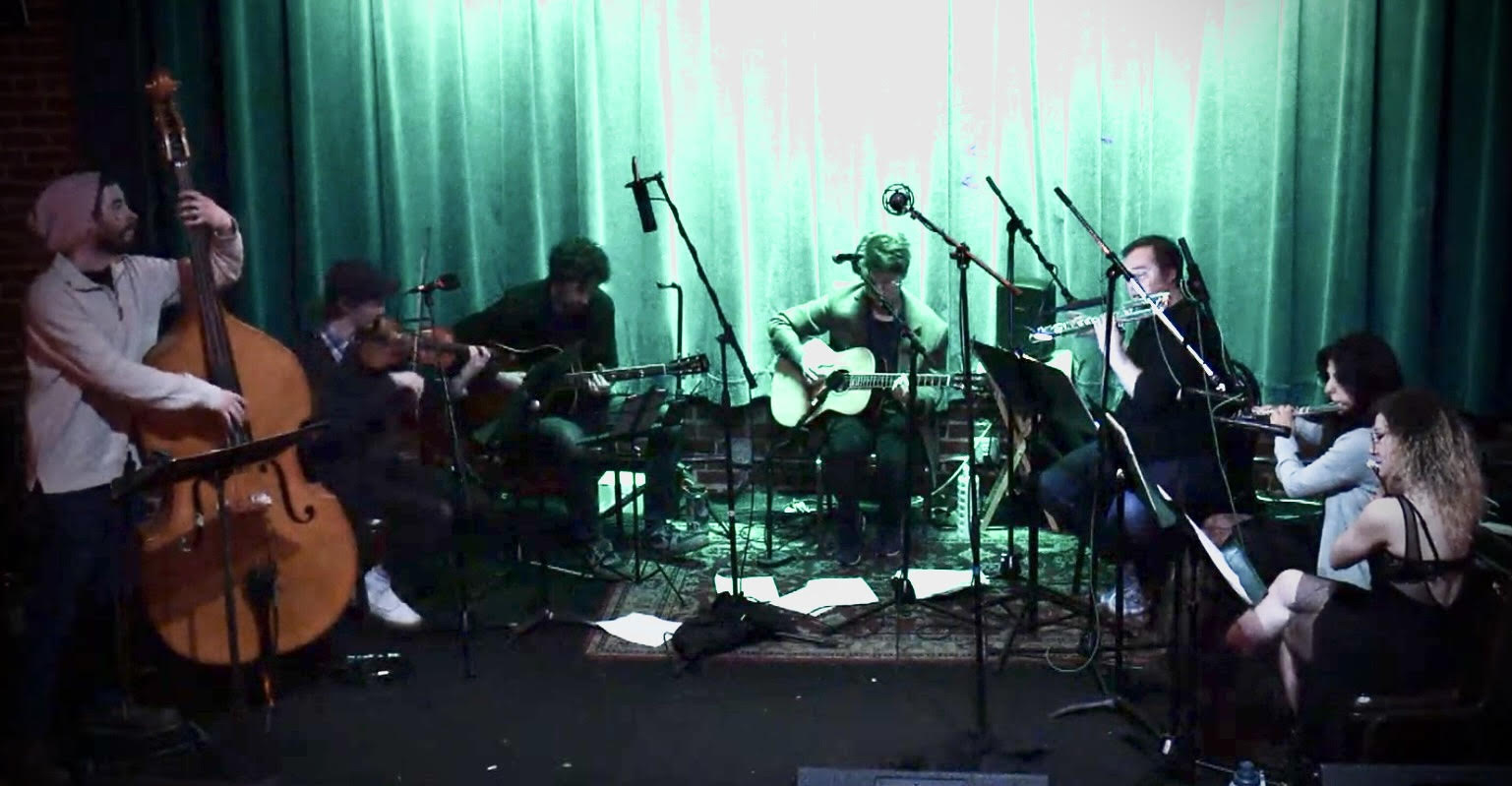



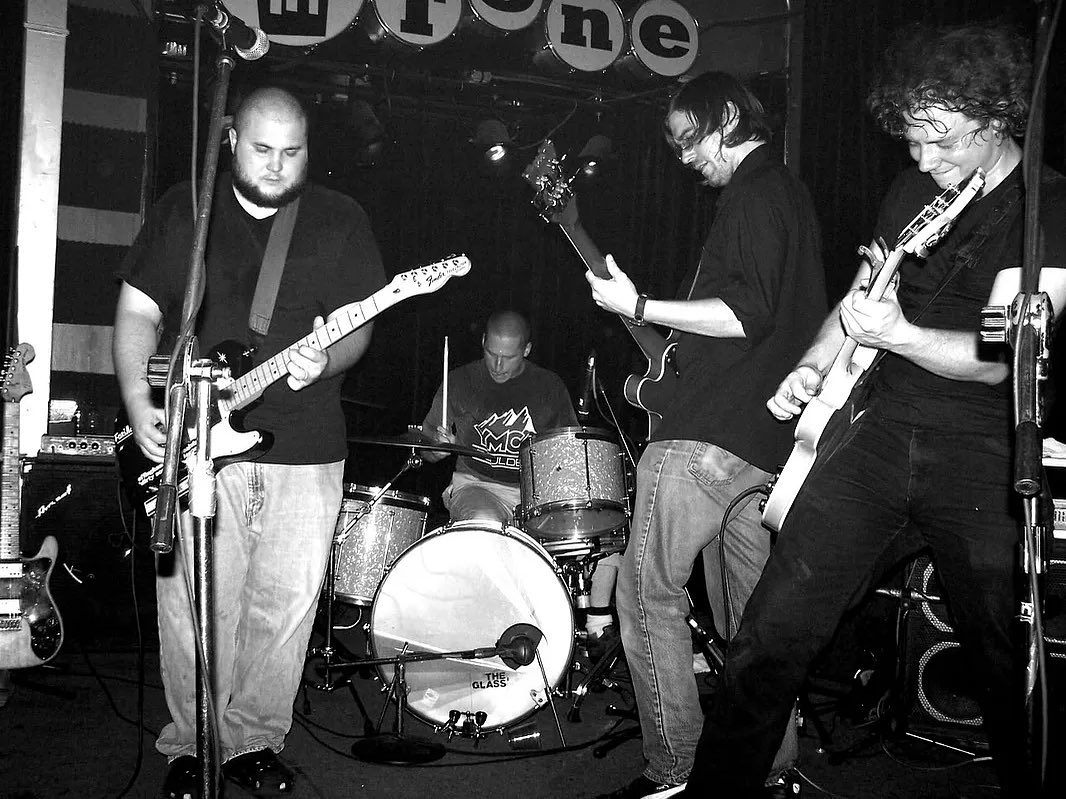
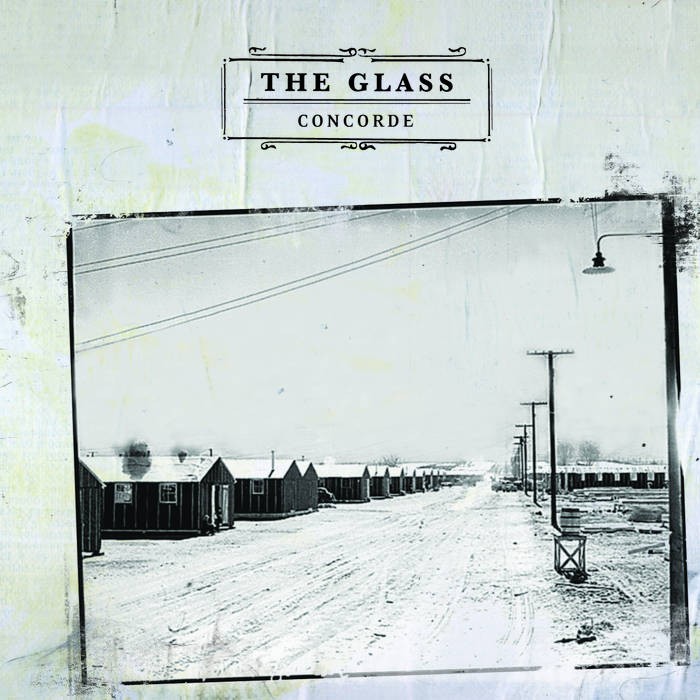
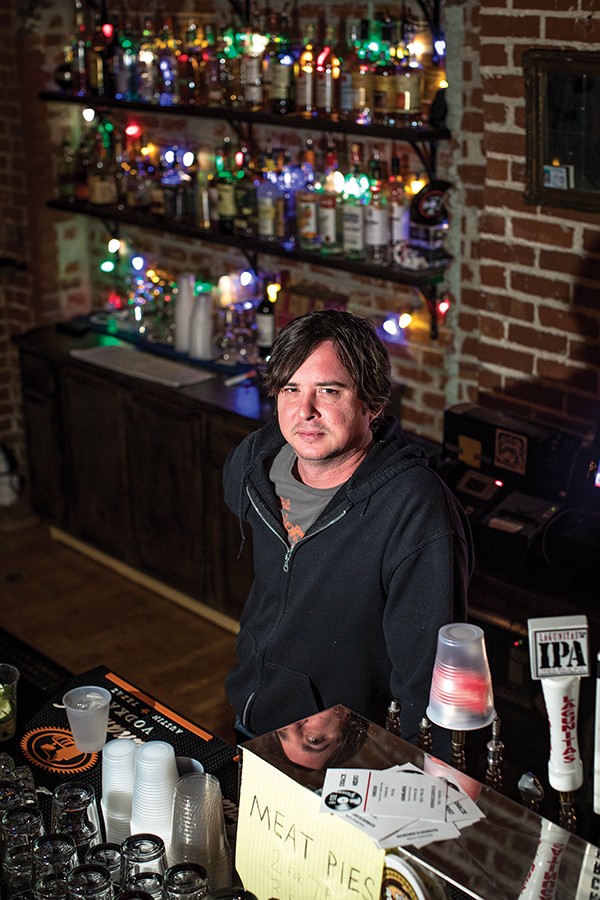 Photographs by Justin Fox Burks
Photographs by Justin Fox Burks